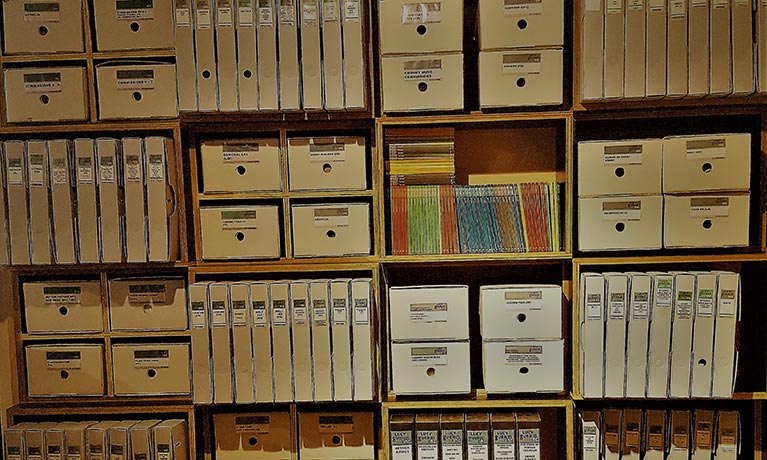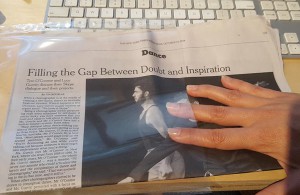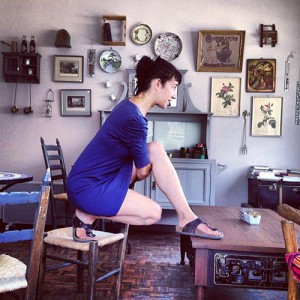PhD Presentation at the Association for Performing Arts collections (APAC) and the Society for Theatre Research (STR) Joint Symposium
Clear Sailing: Navigating the Archive at the V&A Museum in London on 1st July 2019
On the 1st July 2019 the Association for Performing Arts collections (APAC) and the Society for Theatre Research (STR) held a Joint Symposium “Clear Sailing: Navigating the Archive” at the V&A Museum in London to share and discuss the experiences and approaches of how we steer research in archives. In the context of ‘clear sailing’ through archival collections of dance, I presented one of the case studies I am investigating and how its organisation discloses what the transformation of archival data reveals about archiving dance and how digitisation transforms the body of an archive.
Researching in Archives of theatre and dance is an outmost rewarding but also fiddly endeavour which mitigates the curation of memory and history. In the context of this Symposium a number of researchers and professional archivists were invited to present their case studies and the collections they are handling. The presentations and discussions revealed the challenges and methods of archival efforts and various ways of how to support one another.
As someone who comes from a dance practice background and is not an archivist nor a historian it proved to be an opportunity to invite and provoke another viewpoint on research in archives. As an emerging researcher investigating dance archives along her PhD journey, at the Centre for Dance Research, I have come across many interesting tensions between dance, the archive and the materiality of content. In my talk ‘Disappearing content and performativity in archives of dance’ I argue that archiving dance exposes the messiness of digital archiving and challenges the sterility of archival taxonomy and fixity. Dance, as an art and practice, which moves and constantly changes requires an ambiguous archival body which needs to remain flexible within a semi-structured cataloguing system.
In the APAC October 2019 Newsletter, I have been described as a Navigator:
“Erica Charalambous (PhD student, Coventry University) spoke about disappearing content and performativity in archives of dance. This fascinating talk made many in the audience involved in managing dance archives think about the way in which we record, catalogue and maintain dance archives in all their varying formats.”
For the presentation I selected the Lucy Guerin Inc (LGI) private archive collection, as the main point of my talk. LGI is a contemporary dance company based in Melbourne, and Lucy Guerin’s choreographic style is etched into the fabric of Australia’s contemporary dance scene. The LGI repository and digital archive hosts records of events of the art of dancing; a communicative event taking place in a spatio-temporal trajectory. Research in archives is generally about looking back on an event or a genealogy of events in the past whereas the LGI archive is still in a state of becoming and is not finished or a finite archive. Since Lucy Guerin, the company choreographer is still creating work, this posits the archive in a state of constant growth and development. Furthermore, this opens up new possibilities for the LGI archival body to become and perform something other than “those inherited from other organisations or funding bodies” and to “also synthesise the knowledge gained and distribute it” (Guerin 2010).
This archival body assimilated through digital fabrications and data networks which correspond to the physical records on shelves becomes a site of potential performances and pieces of stories longing to be connected.
Erica Charalambous is a dance practitioner interested in communicating choreography, embodied practices and documenting artistic process. Erica is a cotutelle PhD Candidate at the Centre for Dance Research, Coventry University (UK) and Deakin University Melbourne (Australia). Her research investigates the organization and digital curation of dance archives in Germany, UK and Australia.






Comments are disabled